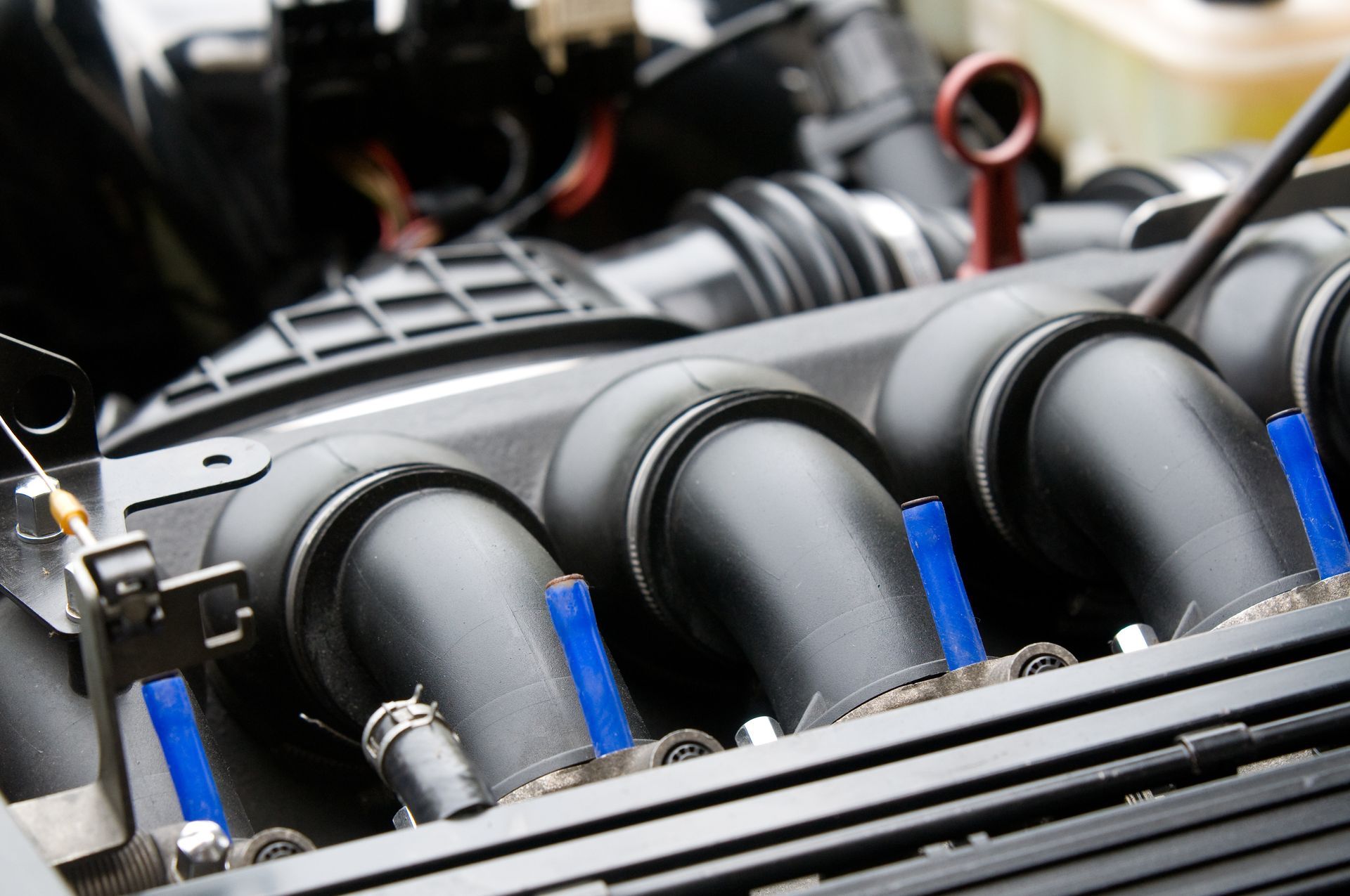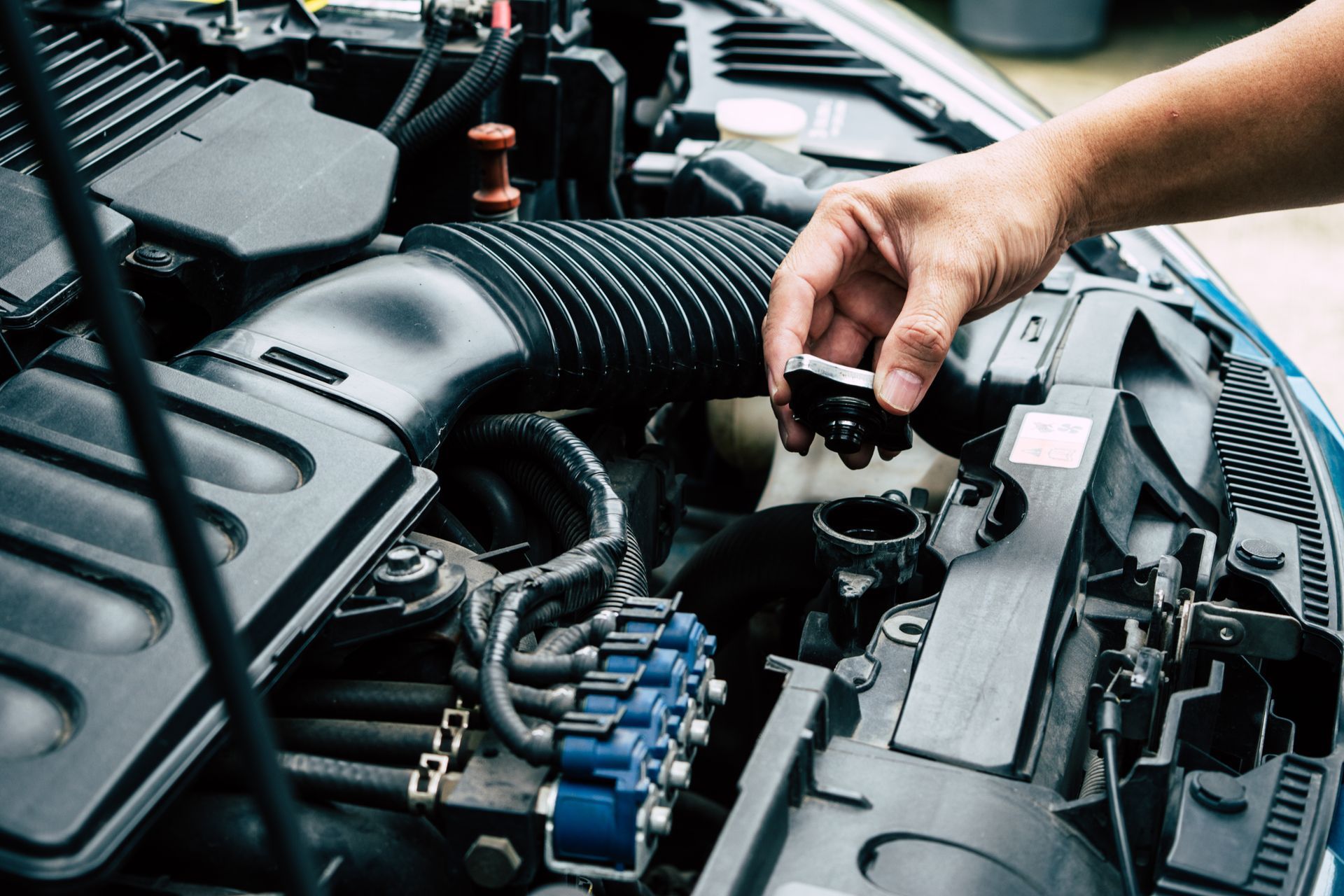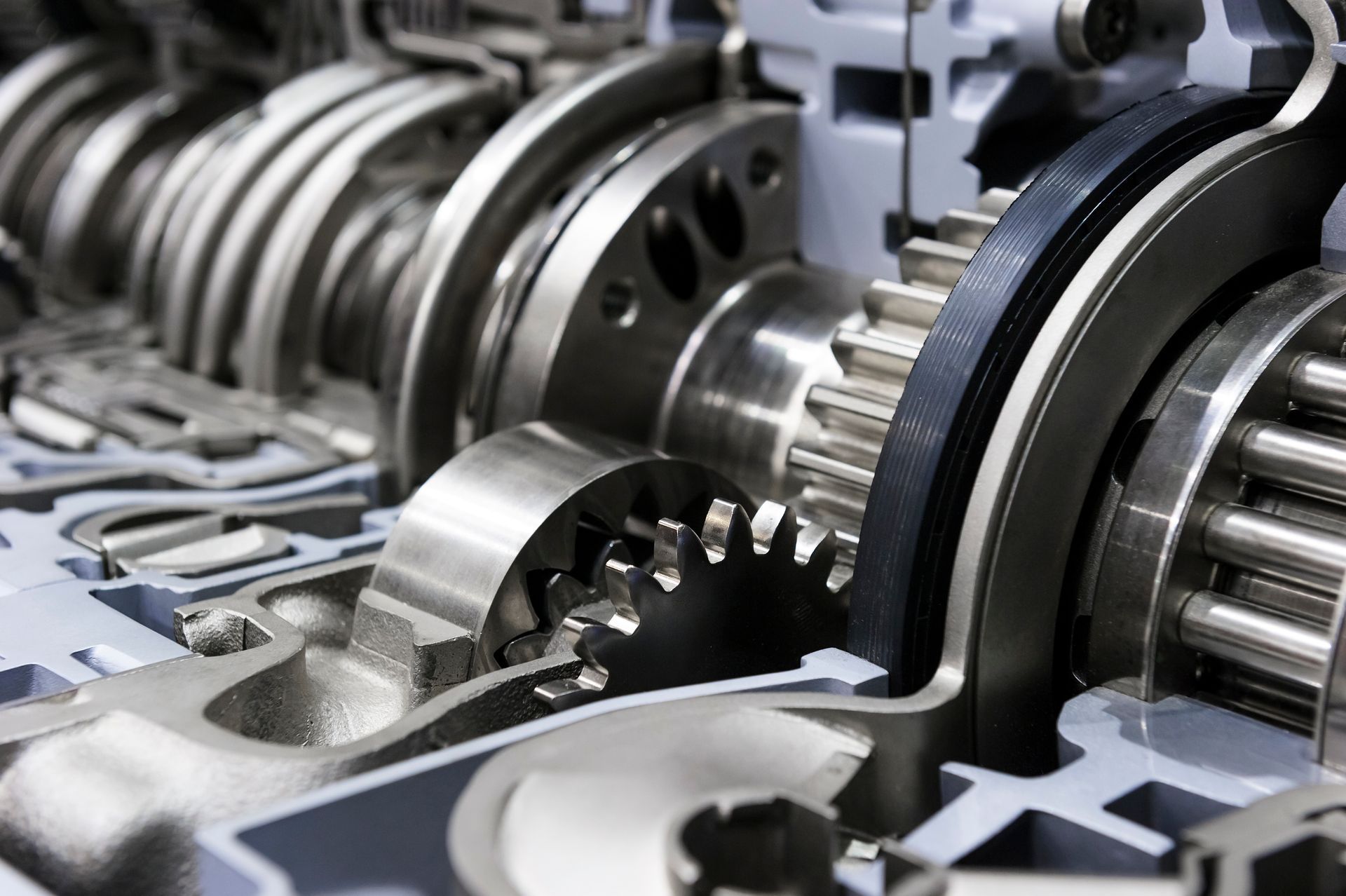























Does Your Transmission Have a Fluid Filter?
Does Your Transmission Have a Fluid Filter?
There's a topic that often veils itself in mystery, when regarding cars and maintenance - the transmission fluid filter. For many car owners, this component remains a mystery or even unknown - tirelessly working behind the scenes to ensure the smooth operation of their vehicles.
Understanding the Transmission Fluid Filter
The transmission fluid filter has significant importance in the functioning of a car. It is responsible for the transfer of power generated by the engine to the wheels, and the transmission fluid plays a crucial role in lubricating the mechanical components and maintaining optimal temperatures. The filter acts as a barrier against contaminants that could infiltrate the system, by filtering the fluid and capturing particles such as metal shavings, dirt, and debris that can affect the transmission's functionality.
The Importance of Regular Maintenance
Do all transmissions have fluid filters? The answer varies. Some transmissions come equipped with a fluid filter, while others, particularly in modern vehicles, opt for a filter-free design, relying on a magnet within the transmission pan to attract metallic particles.
-While rare, some even have magnets on the bottom of the transmission tray - picking up metal debris and cleaning out the fluid.
For transmissions with a filter, regular maintenance is key. Over time, they accumulate debris, diminishing their effectiveness. Neglecting filter replacement could lead to a sluggish transmission, increased wear and tear, and ultimately, a costly repair bill. It's a maintenance chore that might not be in the spotlight, but its absence can lead to a dramatic breakdown on the automotive stage.
A Few Questions You Might Have (FAQs)
Q: How often should I replace the transmission fluid filter?
The frequency of filter replacement depends on your driving habits and the manufacturer's recommendations. In general, it's advisable to check your car's manual for specific guidelines. However, a good rule of thumb is to replace the filter every 30,000 to 60,000 miles. Regular inspections can help identify signs of wear and tear, prompting timely replacements.
Q: What happens if I neglect to replace the transmission fluid filter?
Neglecting filter replacement can lead to a cascade of issues. As the filter becomes clogged with debris, the transmission's efficiency diminishes, resulting in sluggish gear shifts, overheating, and potential damage to internal components. Ultimately, this negligence could lead to a premature transmission failure, a costly scenario that could have been avoided with routine maintenance.
Q: Can I replace the transmission fluid filter myself, or should I rely on a professional?
While some car maintenance tasks are DIY-friendly, replacing the transmission fluid filter is best left to professionals. The process involves draining the transmission fluid, removing the pan, and accessing the filter - a task that requires precision and expertise. A skilled mechanic ensures that the replacement is done correctly, preventing potential issues down the road.
For all of your transmission maintenance and repairs, trust the professionals. Eagle Transmission & Auto Repair is here to help with everything vehicle-related - just give us a call.
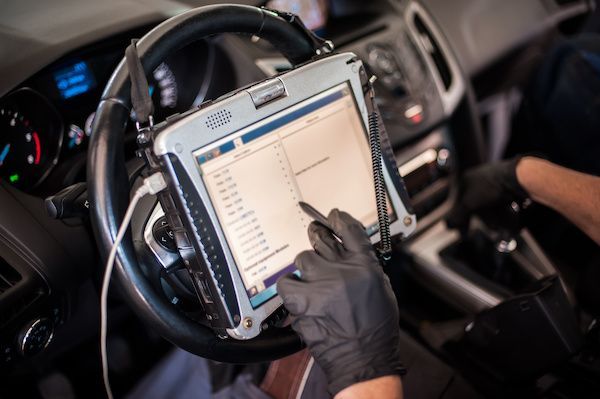
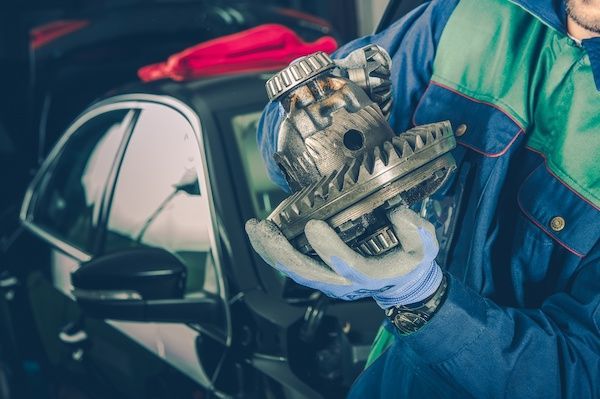

Loading ...
Missing nap lines data / Error occured while getting the data.



